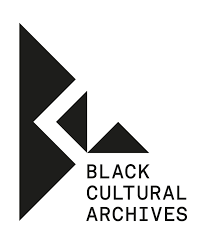
Some of the Black women’s projects active during the 1970s sought to address dilemmas faced in personal lives and relationships. To explore ideas and thought analysing the circumstances and situations of black women, discussion groups were held, and leaflets and newsletters circulated. One example of this found in the archives is Black Women Speak Out, a booklet published by the north London-based Black Women’s Action Committee. It highlights “[t]he great burden placed on many sisters who are left to be mother and father for the children that have been left in our empty hands to support and to care for”, encouraging women readers “to decide when we want to use our bodies to bear children”.
Support systems established by or supported by mothers addressed the unique situations some faced not only as Black people and women but also as migrants and single parents. These included legal advice centres and women’s refuges – spaces which played a vital function in society. “Black women have consistently been in the forefront”, reads an introductory talk of an OWAAD conference, “making our voices heard and demanding a better deal for ourselves and our children”. While these networks of support could not transform mothers’ societal experiences on their own, they undoubtedly provided an important lifeline.
[Image: Flyer for Black Women’s Centre, Brixton,c1979: WILSON/7]
The archive captures the objectives and motivations of women’s projects, for example, Manchester Black Women’s Co-operative offered skills and employment training as well as social education to support mothers’ “self-determination” and “personal independence”. Likewise, the Black women’s centre in Brixton offered a space for “support, help and encouragement.” The centre accommodated Brixton Black Women’s Group, a session for Black female prisoners, a play group, along with support groups for Black lesbians and families. While some projects came and went, in 1996 The National Directory of Black Women’s Organisations was published, an indication of continued ethics of self-help and sisterly support among Black women.
[Image: Manchester Black Women’s Co-operative leaflet, c1975, WONG/6/20]


